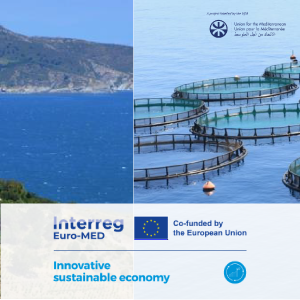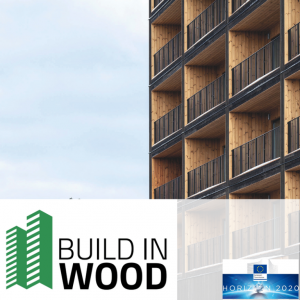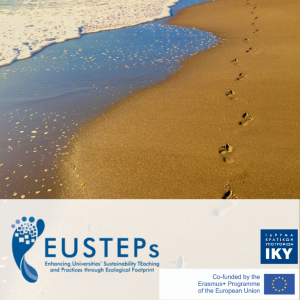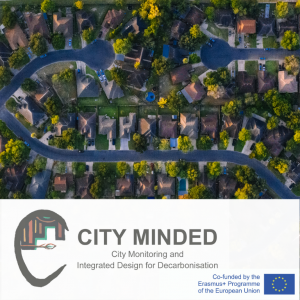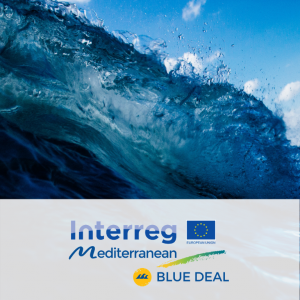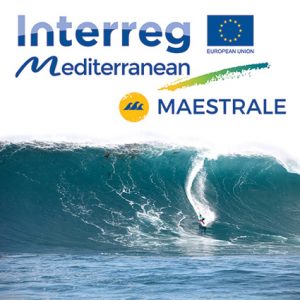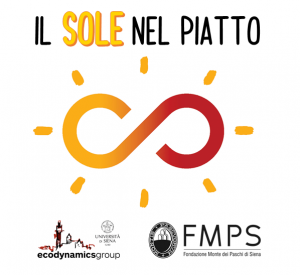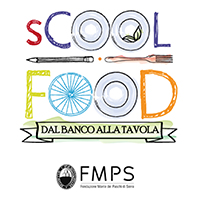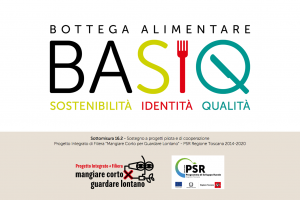Project list
CO2 PACMAN
COoperation and CO-designing PArtnership for CliMAte Neutrality
Funding program:
Interreg Euro-MED
Timeframe:
01/2024 – 10/2026 (33 months)
Budget: 2,8 million euro
Community4Innovation
Community4Innovation
Partnership Agreement ID:
Euro-MED0100007
Funding Program:
Interreg Euro MED co-founded by European Union
Mission Name: Innovative Sustainable Economy
Timeframe:
01/01/2023 - 30/09/2029 (81 months)
Budget: 4,9 milion euro
01/01/2023 - 30/09/2029 (81 months)
Completed projects
BUILD in WOOD
Sustainable wood chains for construction of low-carbon multi-storey buildings from renewable resouces
Funding program:
Horizon 2020
Timeframe:
09/2019 – 08/2023 (48 months)
Budget: 10 million euro
Build-in-Wood aims to meet the global and European challenges of reducing greenhouse gas emissions from the construction sector by developing a sustainable and innovative wood value chain for the construction of multi-storey buildings. The ambition of the project is to optimize and economize current wood construction methods so that they can become an increasingly common practice in the European construction sector.
Build-in-Wood addressed this challenge through the innovative development of materials and components, structural systems and façade elements for multi-storey timber buildings, available for both new and renovated buildings. What has been developed will be tested and documented to enable immediate market deployment. The active engagement of the cities identified by the project as pilot sites strengthened urban-rural connections.
Title: EUSteps
Enhanching Universities' Sustainability TEeaching and Practices though Ecological Footprint
Funding program:
Erasmus+
Timeframe:
Nov 19 - Nov 22 (36 months)
Budget: 449 thousand euro
EUSTEPs is a three-year sustainability education project focused on the ecological footprint, funded by IKY through the ERASMUS + program (KA203 - Strategic Partnerships for Higher Education).
The goal of EUSTEPs is to educate European university students and the wider academic community on the complexity of sustainability and its interdisciplinary nature in an engaging and captivating way. The program aims to help educate a new generation of citizens and professionals attentive to sustainability, who will be trained to measure sustainability with the use of dedicated digital tools, thus introducing a new and necessary professional figure in society.
The project also aims to provide support for the assessment and reduction of the environmental impact of universities and wider the Higher Education Institutions of the European Union through a collaborative experiential approach based on an innovative application of the footprint ecological, with the intention of re-orienting and adapting the Ecological Footprint of educational institutions within the boundaries established by the resources of our single planet.
The main results are:
Title: City Minded
City Monitoring and Integrated Design for Decarbonisation
Funding program:
Erasmus+
Timeframe:
12/2019 – 12/2022 (36 months)
Budget: 334 thousand euro
Building on the results of the FP7 City-Zen project, by using systemic interdisciplinary approach, the "City Minded" project intends to develop and test an innovative, creative, European-scaled learning environment called ‘city decarbonisation itinerant workshop’, where students, specialists and stakeholders can come together to address common onsite challenges and define collaborative urban decarbonisation roadmaps through a ‘learning-by-doing’ method.
Link to the most important results:
- Workshop
- Output

